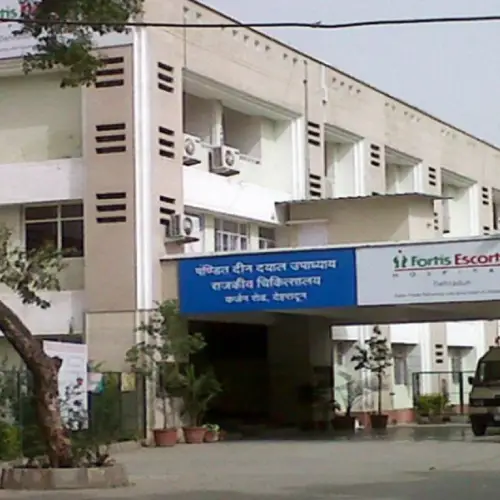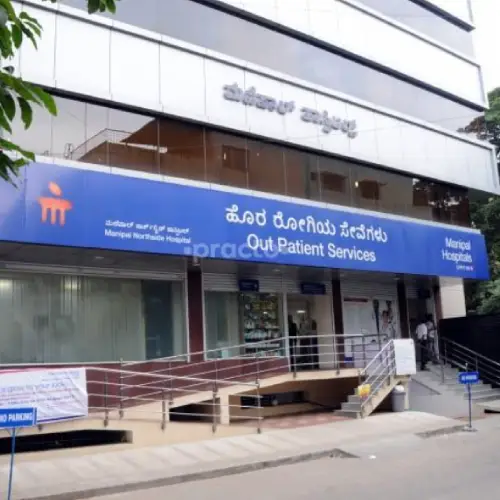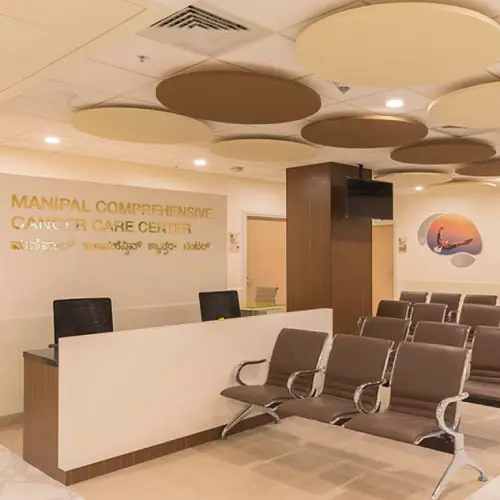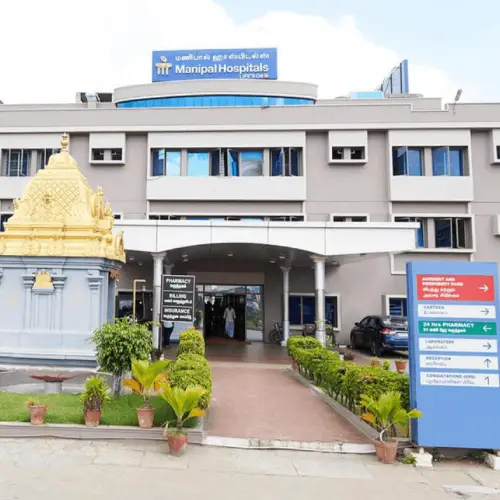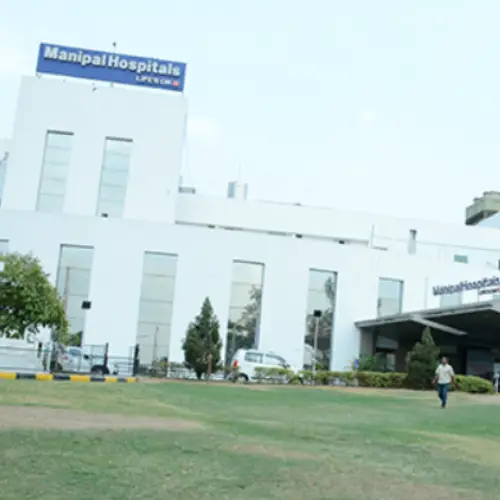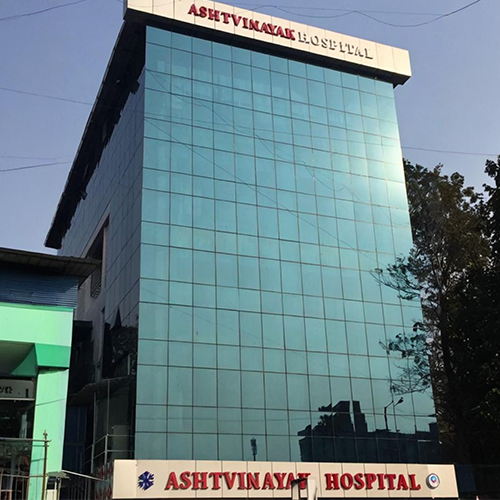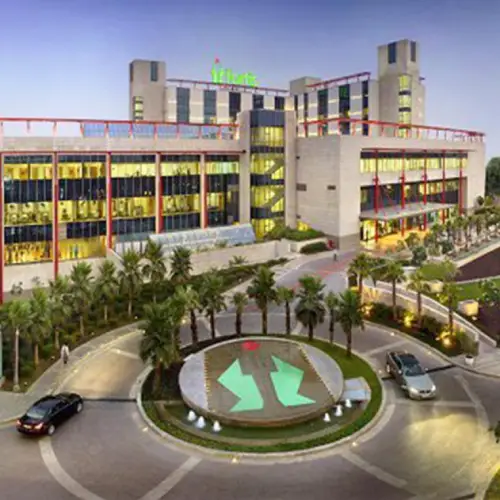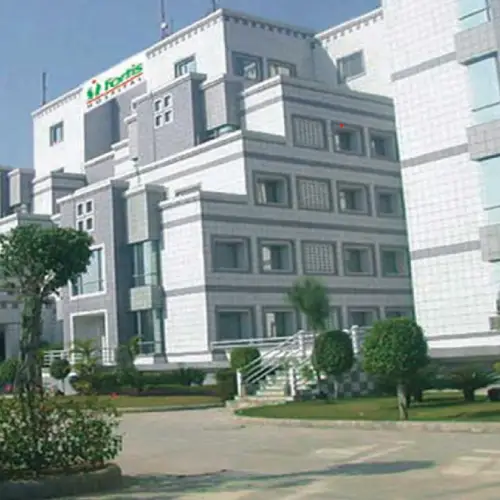Alzheimer’s Disease
Alzheimer’s Disease
What is Alzheimer’s Disease?
Alzheimer’s Disease (AD) is a progressive neurological disorder that causes brain cells (neurons) to degenerate and die. This leads to a continuous decline in cognitive function, affecting memory, thinking, language, and the ability to perform everyday tasks. It is the most common cause of dementia among older adults, accounting for 60-80% of dementia cases.
Symptoms and Stages
Alzheimer’s disease typically progresses in three stages: early (mild), middle (moderate), and late (severe).
Early Stage:
- Memory loss, particularly of recent events.
- Difficulty finding words.
- Challenges in planning and organizing.
- Trouble with familiar tasks.
- Mood changes, such as increased anxiety or depression.
Middle Stage:
- Increased memory loss and confusion.
- Difficulty recognizing friends and family.
- Problems with language and speech.
- Difficulty with complex tasks and problem-solving.
- Changes in behavior, such as wandering or agitation.
Late Stage:
- Severe memory impairment.
- Loss of the ability to communicate.
- Significant personality changes.
- Dependency on others for care.
- Physical problems, such as difficulty swallowing and walking.
Causes and Risk Factors
The exact cause of Alzheimer’s is not fully understood, but it involves a combination of genetic, environmental, and lifestyle factors. Key pathological features include the accumulation of amyloid plaques and tau tangles in the brain, leading to the death of neurons.
Risk Factors:
- Age: The most significant risk factor, with most cases occurring in people aged 65 and older.
- Family History: Having a first-degree relative with Alzheimer’s increases the risk.
- Genetics: Certain genes, such as APOE-e4, are associated with higher risk.
- Lifestyle and Heart Health: Factors like smoking, obesity, diabetes, high blood pressure, and lack of physical exercise can increase risk.
- Head Injuries: A history of traumatic brain injury can increase risk.
Diagnosis
Diagnosing Alzheimer’s disease involves a comprehensive assessment, including:
- Medical History: Reviewing symptoms, family history, and medical conditions.
- Cognitive Tests: Evaluating memory, problem-solving, attention, and language.
- Neurological Exam: Assessing reflexes, coordination, and balance.
- Brain Imaging: Using MRI or CT scans to detect brain changes.
- Lab Tests: Blood tests to rule out other causes of dementia-like symptoms.
Treatment and Management
While there is no cure for Alzheimer’s disease, several treatments can help manage symptoms and improve quality of life.
Medications:
- Cholinesterase Inhibitors: Drugs like donepezil, rivastigmine, and galantamine can help improve cognitive symptoms.
- NMDA Receptor Antagonists: Memantine is used to treat moderate to severe Alzheimer’s by regulating glutamate, a neurotransmitter involved in learning and memory.
Non-Pharmacological Interventions:
- Cognitive Training: Exercises to enhance memory, problem-solving, and language skills.
- Physical Activity: Regular exercise to improve overall health and potentially slow cognitive decline.
- Diet: A balanced diet, like the Mediterranean or DASH diet, supports brain health.
- Social Engagement: Activities and programs that keep individuals socially active can help maintain cognitive function.
Care and Support
Caring for someone with Alzheimer’s disease can be challenging and requires a multidisciplinary approach:
- Supportive Care: Involves creating a safe and supportive environment, simplifying tasks, and using memory aids.
- Respite Care: Temporary relief for caregivers, providing them with a break from daily caregiving responsibilities.
- Support Groups: For patients and caregivers to share experiences and receive emotional support.
- Advanced Care Planning: Discussing future care preferences and legal matters, such as power of attorney and living wills.
Research and Future Directions
Ongoing research aims to better understand the causes of Alzheimer’s disease, develop new treatments, and ultimately find a cure. Areas of focus include:
- Biomarkers: Identifying early indicators of the disease.
- Genetics: Understanding genetic contributions and potential gene therapies.
- Drug Development: Exploring new medications and therapies to slow or halt disease progression.
- Lifestyle Interventions: Investigating how diet, exercise, and other lifestyle factors can prevent or delay onset.
Conclusion
Alzheimer’s disease is a complex and devastating condition that profoundly affects individuals and their families. While current treatments offer symptomatic relief, ongoing research provides hope for more effective therapies and, eventually, a cure. Awareness, early diagnosis, and comprehensive care are crucial in managing the disease and improving the quality of life for those affected.
Best Hospitals for Neurological in India

At MediTours India, we stand as a distinguished leader in the realm of medical tourism, dedicated to transforming your healthcare journey into a seamless and transformative experience. With a commitment to excellence and a focus on your well-being, we pave the way for a new era of medical travel.
Contact Us
Address : C603 Jalaram Park LBS Road. Bhandup West Mumbai -400078 Phone : +91 9820344697 Email : ajit@meditoursindia.in
Copyright by indiameditours 2023. All rights reserved.
